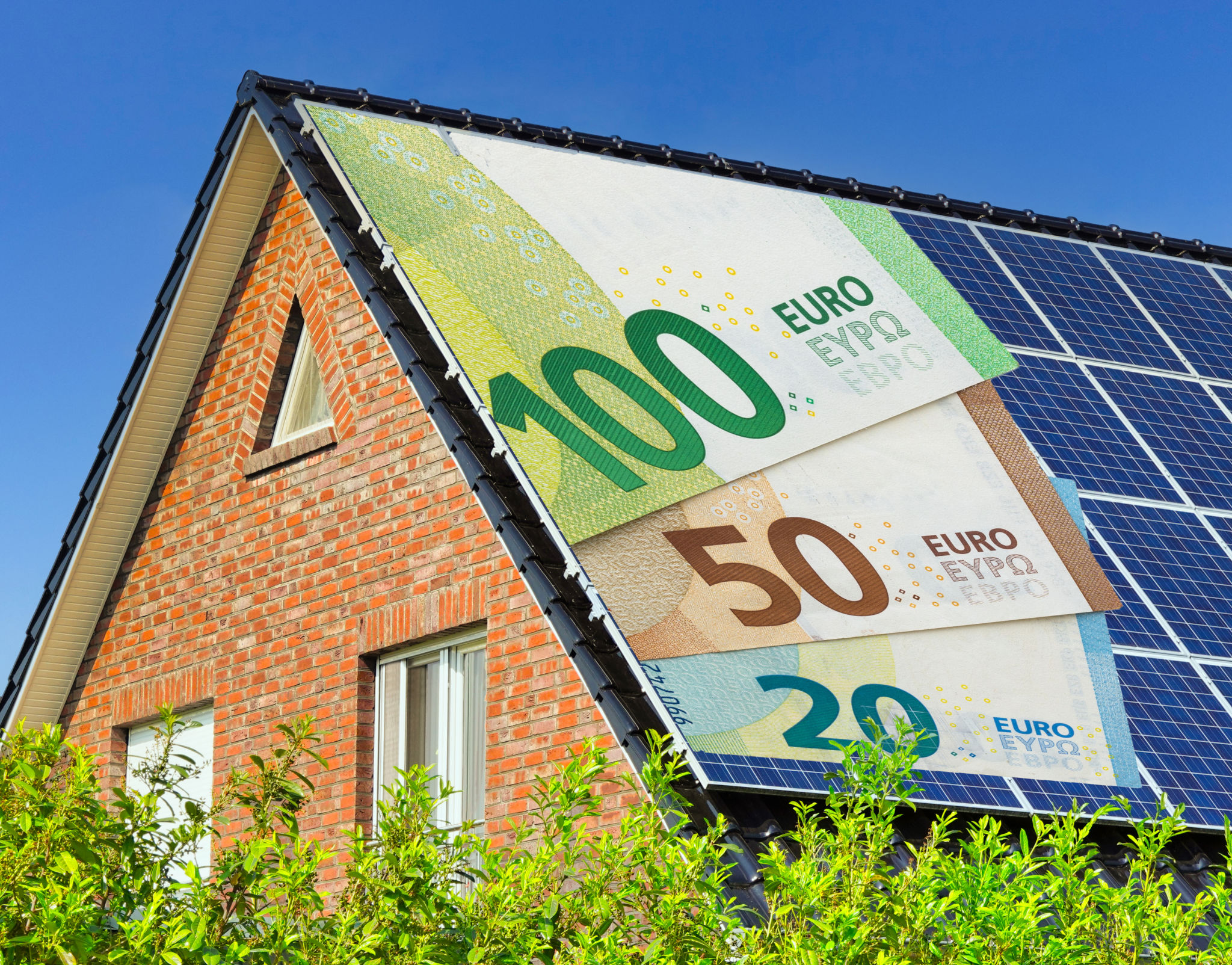Exploring Portugal's Solar Incentives and Regulations for New Residents
Understanding Portugal's Solar Incentives
Portugal, a sun-drenched nation in the Iberian Peninsula, has become an attractive destination for new residents looking to tap into the benefits of the sun.
As part of its commitment to sustainability, Portugal offers several incentives for solar energy adoption. These incentives aim to make solar power more accessible and affordable for both homeowners and businesses.
One of the most attractive incentives is the reduction of VAT from the regular 23% to 6% for the installation of solar plants. This financial relief can significantly decrease the initial investment required, making it more appealing for you to consider solar energy as a viable option.

The Legal Framework for Solar Installations
Before diving into the financial perks, it's crucial to understand the legal framework surrounding solar installations in Portugal. The country has specific regulations that govern the installation and operation of solar systems. Understanding these rules is essential for compliance and to maximise the benefits of solar energy.
Portugal's laws dictate that photovoltaic systems must be registered with the Directorate-General for Energy and Geology (DGEG). This registration ensures that all installations meet the necessary safety and efficiency standards.
At Sol Viva, we only work with certified installers who take care of the registration of the system with DGEG on behalf of the resident. This ensures that customers end up with a fully legal system. Moreover, it ensures that customers avoid nasty suprises like their electricity bills going up after installing solar. Yes, this can happen if your system is not properly installed and registered. Read our blog post on this here.

Net Metering and Energy Sales
A significant advantage of adopting solar energy in Portugal is the ability to participate in net metering. Net metering allows you to sell excess energy back to the grid, effectively reducing your energy bills. By feeding surplus power into the national grid, you can earn money that can offset your electricity costs during times when your solar panels aren't producing enough energy.
The income generated from selling excess energy is not only a financial benefit but also encourages more efficient use of renewable resources. It's worth noting that specific regulations govern these transactions, including caps on how much energy can be sold and pricing structures set by the government. Be warned however, the price paid by energy companies for buying power is typically very low (±20-30% of what you typically buy power for). It can also be complex when contracting with an energy company to buy excess power that you have.
In summary, the business case for selling excess power is often not that great. If this is the case, don't be disheatened, maybe a battery is a better solution to capture any excess, store it and use it when the sun has gone down. See our post on that coming soon.

Community Solar Projects
For those who might not have the ideal conditions for individual solar installations, Portugal also supports community solar projects. These initiatives allow multiple households to share a single solar installation, distributing both the costs and benefits among participants. It's a fantastic option for apartment dwellers or those with shaded properties.
Community solar projects are growing in popularity as they provide an inclusive way for more residents to participate in renewable energy efforts. They are often managed by local cooperatives or municipalities, making it easier for residents to get involved without needing significant technical expertise or investment.
Environmental Impact and Future Prospects
Adopting solar energy in Portugal not only offers financial incentives but also contributes to a healthier environment. By reducing reliance on fossil fuels, residents can help decrease carbon emissions and promote a cleaner atmosphere. This aligns with Portugal’s broader environmental goals and its commitment to international climate agreements.
Looking ahead, Portugal's government continues to invest in renewable energy infrastructure and policy improvements. As technology advances and costs decrease, it's expected that even more incentives will become available, further encouraging residents to harness solar power.

In conclusion, Portugal presents an appealing landscape for new residents interested in solar energy. With a combination of financial incentives, supportive regulations, and community projects, making the switch to solar is both practical and beneficial. As a resident, embracing solar power not only reduces your carbon footprint but also positions you as part of a forward-thinking community dedicated to sustainability.
